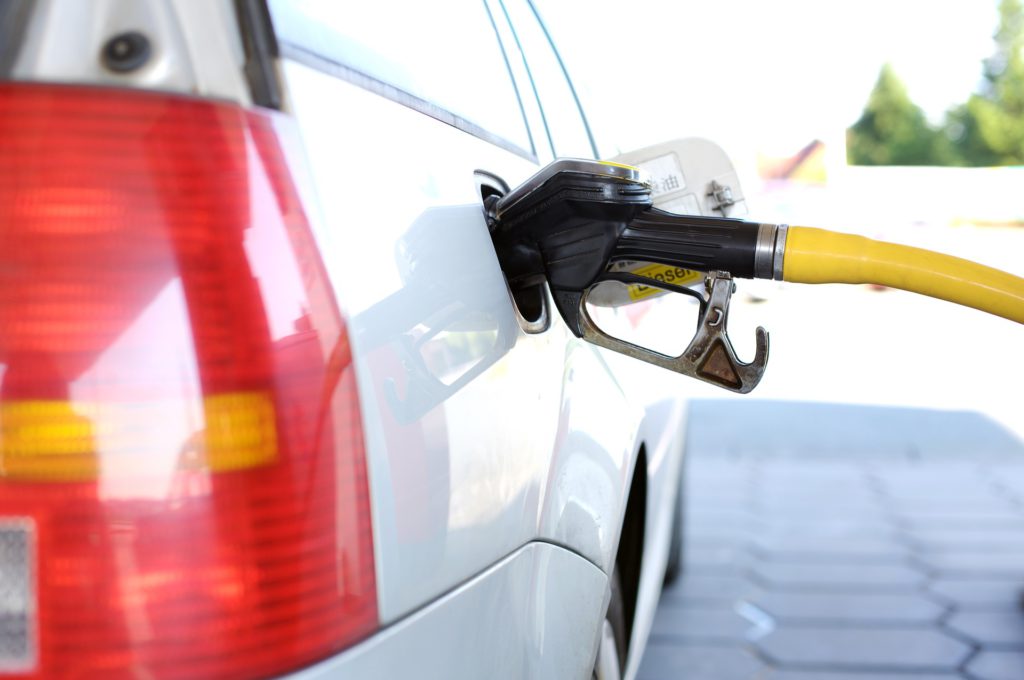Volkswagen wins its first Dieselgate appeal case in Spain
21 April 2017

21 April 2017
Volkswagen Group (VW) has won its consumer first appeal in Spain over its emissions-cheating scandal, which found it used unethical software that lowed the apparent levels of nitrogen oxides (NOx) emissions in some of its vehicles.
The Provincial Court of Valencia’s judgement, seen by Europa Press, dismissed a ruling on 10th November last year that acquitted VW’s Valencian concession dealer Levante Wagen.
The plaintiff, who brought the action against VW, sought annulment of the contract for sale of his Audi A1, fitted with the NOx emission-cheating 1.6-litre, 90-horsepower TDI diesel engine.
Volkswagen’s emissions defeat software meant the official lab test figures were actually far lower than the real levels of NOx the emissions-cheating vehicles emitted on the road.
He claimed that the vehicle he thought he was buying had lower emissions, was more efficient and sustainable, and that the installed emissions software violated European regulations. He argued he chose the model as it was a diesel car with lower emissions than petrol cars and had an energy regeneration system and emissions of carbon dioxide (CO2) of 99 grams per kilometre. He also highlighted that the defendant, Levante Wagen, admitted the deception of the software.
Levante Wagen defended by saying neither the European nor Spanish regulations that applied to the sale required manufacturers to limit NOx – as is required in the stricter American regulations that forced Volkswagen to compensate half a million US customers with a record-breaking $14.7 billion (€13.5 billion) settlement.
They also stressed the crucial defence detail that the actual, non-software-altered, level of emissions of the affected vehicles was at average or lower than those of other similar vehicles. Finally, they underlined the technical argument that the level of NOx emissions was not part of the contractual documents delivered to the buyer.
Another fundamental judgement was made before the appeal, with the Provincial Court of Valencia determining that the emissions-cheating software only affected NOx emissions, not CO2 emissions. It ruled therefore that there was no deception in VW’s advertising, as this emphasised CO2 emissions and the defeat device did not affect this type of gas.
Pulling all this together, the ruling continued: ′From the examination of the tests carried out we can conclude that the vehicle, in no case, exceeds the limits established by European regulations on pollutants and remains one of the least polluting on the market in its category.’
Therefore, it concluded that there was not the existence of any breach that would nullify the contract, or of the existence of any mistake of consent in the buyer, since – decisively – the character of being ′cleaner’ subsists, and that the software did not affect the Spanish or European approval.
Meanwhile, the whistleblower who broke the Dieselgate scandal has been revealed, according to an upcoming book, Faster, Higher, Farther: The Volkswagen Scandal, as American VW executive Stuart Johnson, head of VW’s Engineering and Environmental Office in the Detroit suburb of Auburn Hills. As part of the office responsible for VW’s interaction with US regulators, the book asserts that Johnston was uncomfortable with knowingly deceiving the authorities.